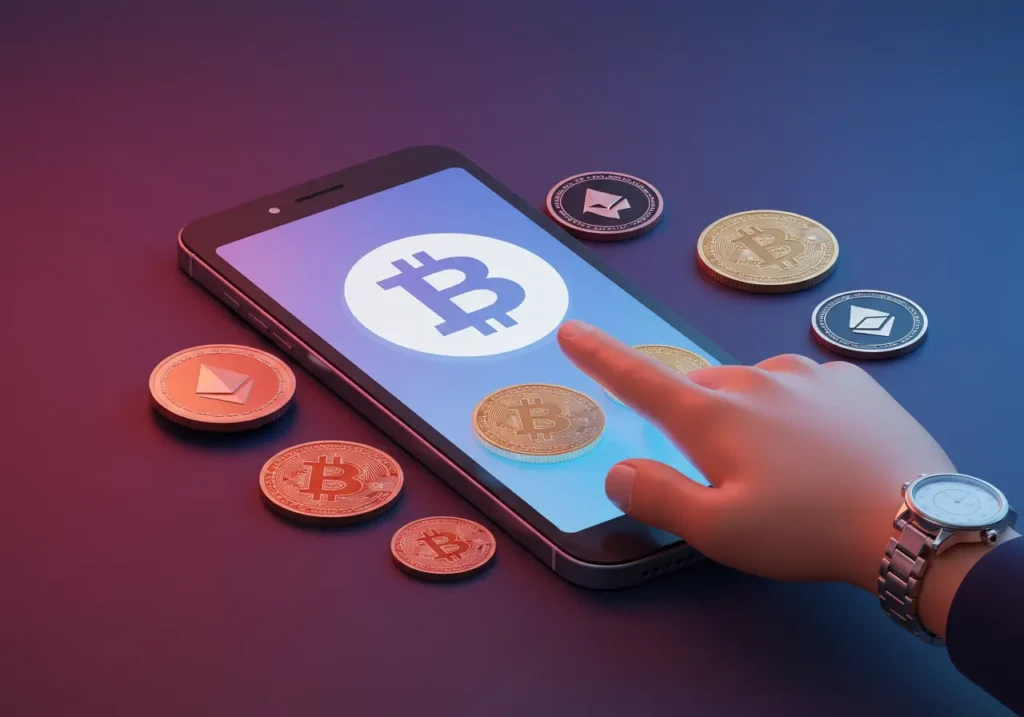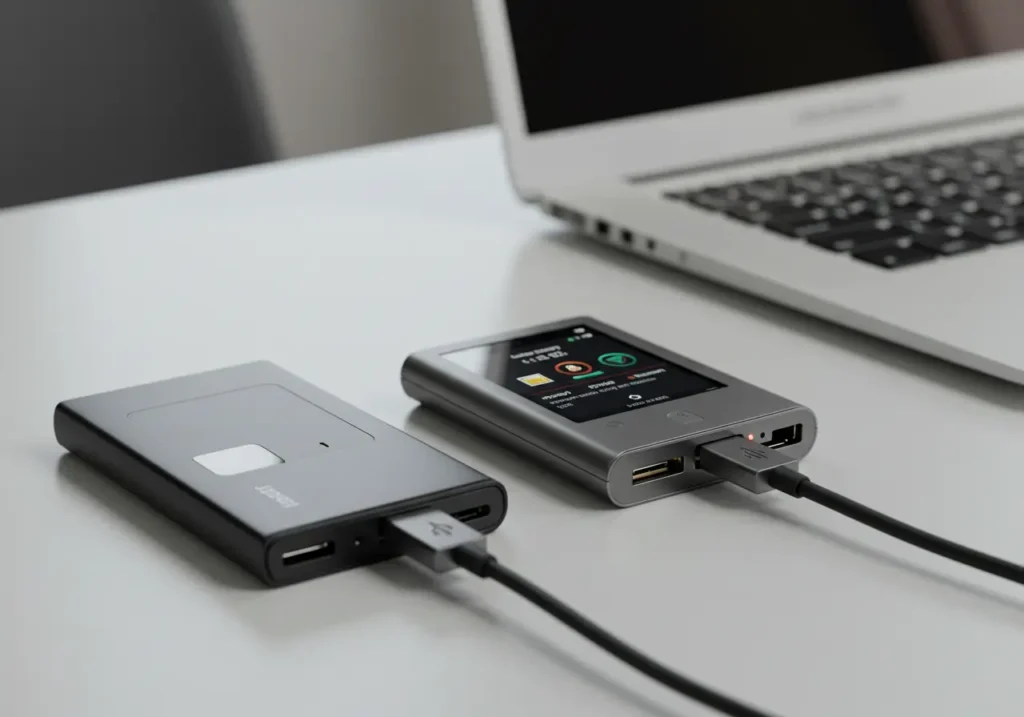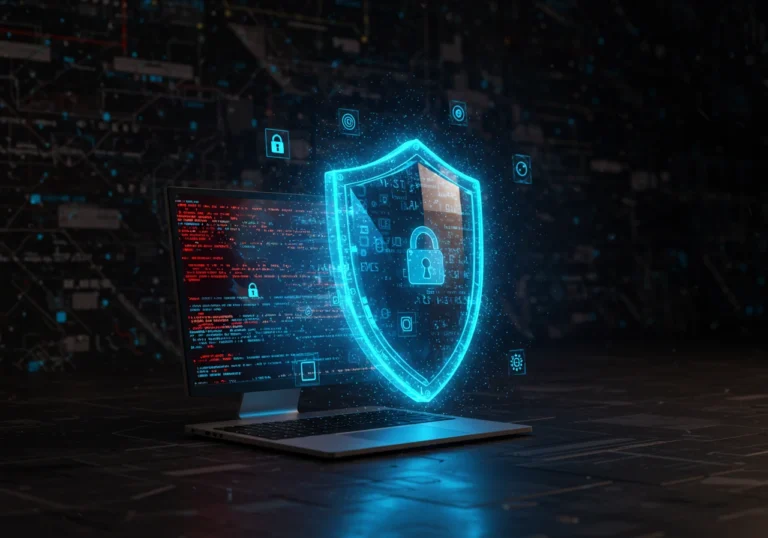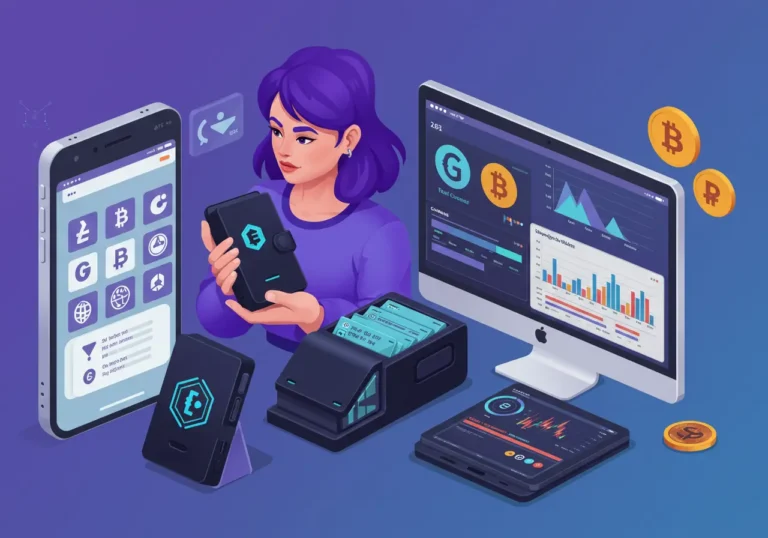Crypto Custody 101: Security Considerations for Investors
Introduction: Why This Matters More Than You Think
When it comes to cryptocurrency, the fear can feel even stronger. Everything is digital, invisible, and yet very real. You can’t hold Bitcoin or Ethereum in your hand. So the natural question becomes: Where do I keep it safe? That’s where crypto custody enters the picture. It sounds like a big technical term, but it really just means: how do you protect your digital coins in a way that feels safe, reliable, and maybe even simple?
What Is Crypto Custody?

At its heart, crypto custody is about holding and securing digital assets. Instead of a bank account where money sits with an institution, cryptocurrency lives in wallets—digital tools that can be online or offline.
And here’s the twist: if you lose the “keys” to your wallet, there’s no bank manager you can call. No friendly customer service. No replacement card in the mail. You, and only you, are responsible for that access.
This reality makes custody one of the most important decisions for any investor—whether you’re just dipping your toes in or managing millions in assets.
Why Investors Worry About Custody
Imagine buying your first small piece of Bitcoin. You’re excited, maybe even a little proud. Then someone tells you about hackers, lost passwords, or exchanges shutting down. Suddenly, that excitement feels shaky.
This is why people look for secure crypto storage solutions. It’s not only about avoiding theft—it’s about sleeping better at night, knowing you didn’t just leave your digital wallet wide open to the world.
Different Types of Crypto Custody
Let’s break it down into categories you can picture easily:
1. Self-Custody
This is the “do-it-yourself” route. You hold your private keys, which is like having the only key to a very strong safe. Popular tools include hardware wallet custody solutions—small devices that keep your keys offline.
Pros: Full control, no third party involved.
Cons: Lose your keys and your crypto is gone forever.
2. Third-Party Custody
Here, you trust third-party crypto storage services—companies or exchanges that hold your assets for you. Think of it like leaving your jewelry in a bank’s safety deposit box.
Pros: Less personal responsibility, easier for beginners.
Cons: Trust issues—if the company fails, so could your access.
3. Institutional-Grade Services
For bigger investors or companies, there are institutional-grade crypto custody services. These often include features like multi-signature cold storage solutions and even crypto custody insurance providers.
Pros: Professional, regulated, secure.
Cons: Usually designed for high-net-worth individuals or businesses.
Key Security Considerations
Now let’s dig into the practical side. What should you think about before deciding where to store your crypto?
Private Keys and Control
If someone has your private keys, they have your crypto. Period. Self-custody puts the responsibility in your hands, while services act as guardians. The choice comes down to how much control you want versus how much risk you can handle.
Cold vs. Hot Storage
- Hot wallets are online and convenient but exposed to cyberattacks.
- Cold wallets (offline) are much harder to hack, making them a cornerstone of cryptocurrency safekeeping solutions.
Regulation and Trust
In a fast-moving industry, rules matter. Regulatory compliant crypto custody solutions offer some peace of mind, especially if you’re investing significant amounts.
Insurance Coverage
Wouldn’t it be nice to know that even if something goes wrong, you’re covered? Some crypto custody insurance providers offer exactly that—though not every provider includes it.
Real-Life Example: The “Lost Laptop”
A few years ago, I heard about a man who kept his entire Bitcoin fortune on his old laptop. One day it stopped working, and he couldn’t recover the data. Just like that, he lost everything.
Stories like this highlight why secure digital asset custody solutions matter. It’s not only hackers you have to think about—it’s also plain old bad luck.
How Beginners Can Start Safely

If you’re new to this, here’s a simple path to avoid overwhelm:
- Start small—don’t risk more than you’re ready to lose.
- Explore a hardware wallet custody solution if you want control.
- Or, if you’d rather not manage it yourself, consider third-party crypto storage services with a strong reputation.
- Always, always back up your recovery phrases securely.
The Future of Crypto Custody
Technology doesn’t stand still. Tomorrow’s solutions may look very different from today’s. We’re already seeing experiments with biometric access, AI-powered monitoring, and even government involvement in secure digital asset custody solutions.
One thing is certain: as more people step into the world of crypto, the demand for trustworthy, reliable storage will keep growing.
Conclusion: Peace of Mind in a Digital World
At the end of the day, crypto custody isn’t just about technology—it’s about peace of mind. It’s about knowing you’ve done everything you can to keep your assets safe.
Whether you choose to hold your keys, trust a provider, or explore institutional-grade crypto custody services, the most important thing is to understand your options and make a conscious choice.
After all, your digital assets are more than numbers on a screen—they’re part of your future. And the future deserves protection.
Quick Takeaways
- Crypto custody = how you secure your digital coins.
- Self-custody means full control but also full responsibility.
- Third-party services offer convenience but require trust.
- Cold storage is safer than hot storage.
- Insurance and regulation add extra layers of safety.
Table of Contents

Hello, I’m Edmilson Dias, founder of CoinBringer. I created this platform to guide people through the fast-moving world of cryptocurrency with clarity and safety. With years of research in blockchain and digital security, my goal is to translate complex topics into practical knowledge, offering reliable tutorials, safety insights, and guidance for both newcomers and experienced users.
Discover more from CoinBringer
Subscribe to get the latest posts sent to your email.







